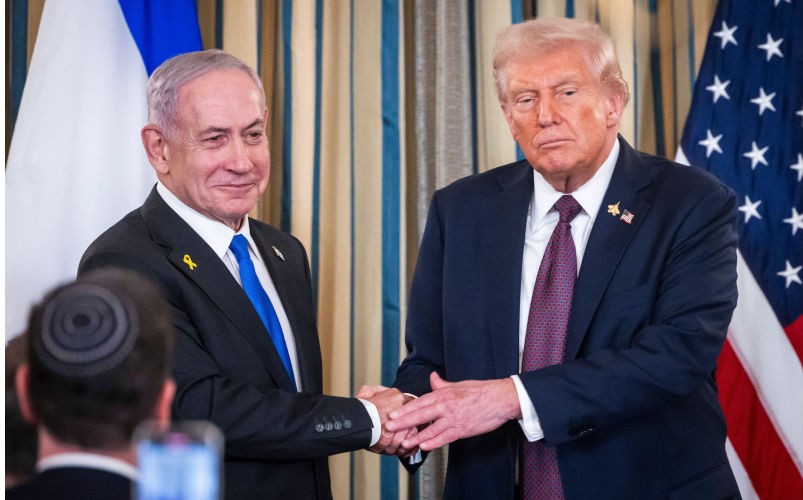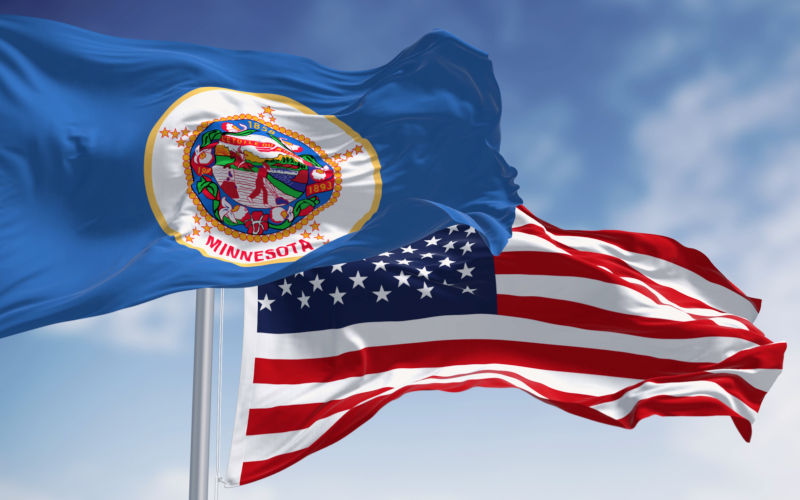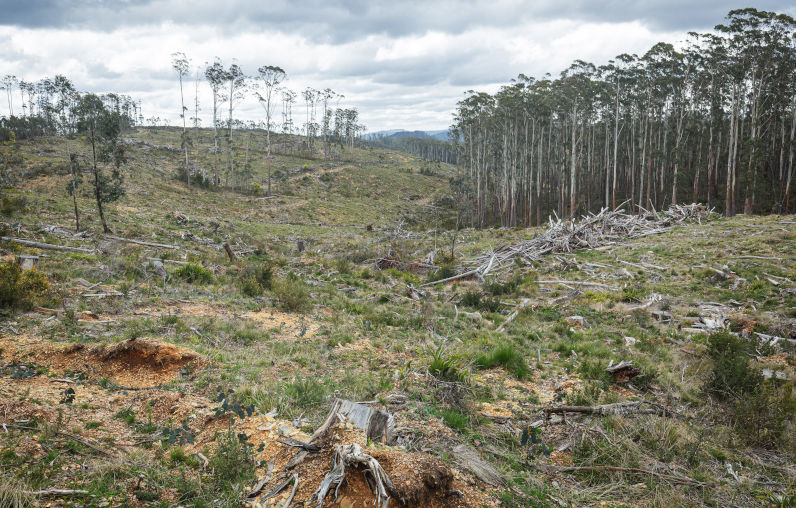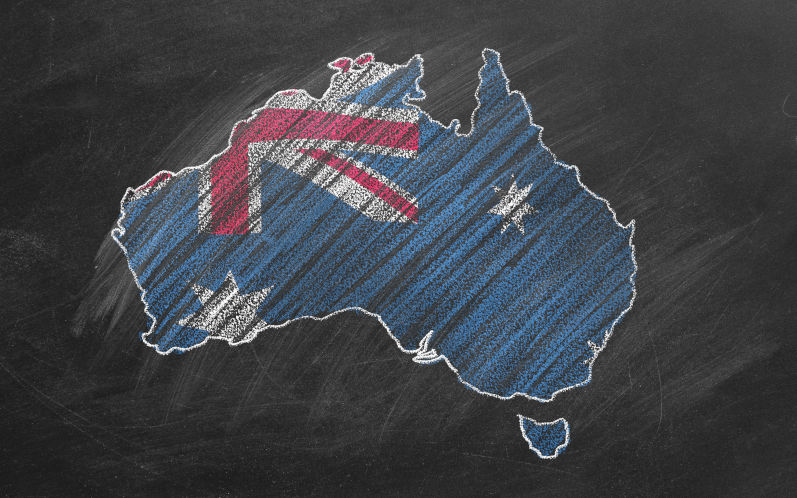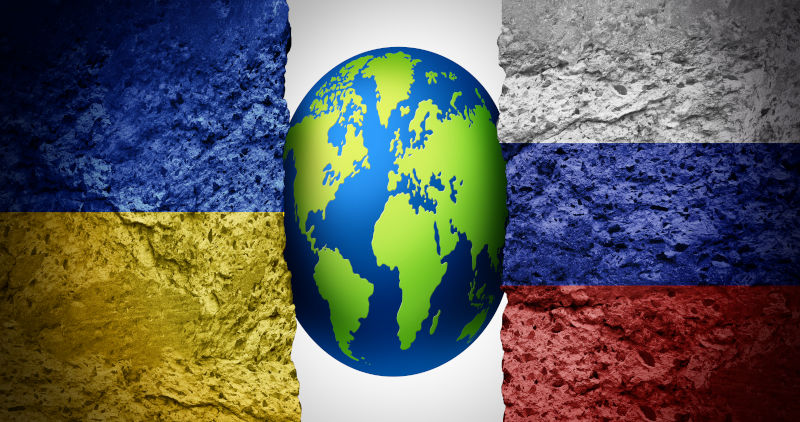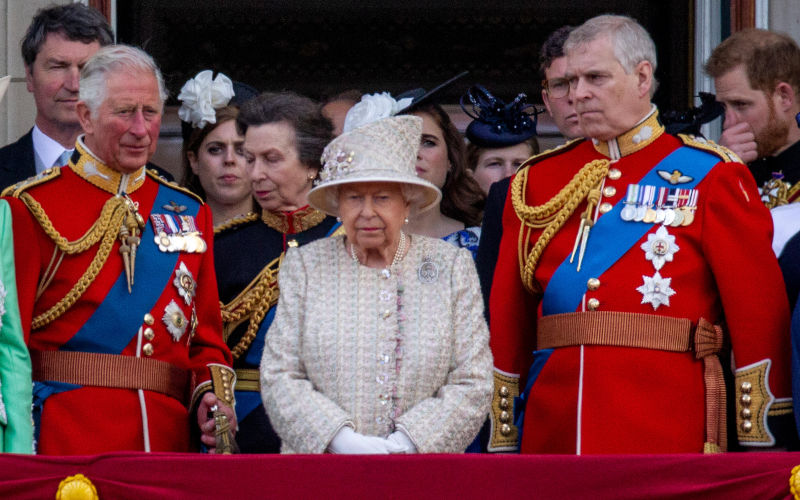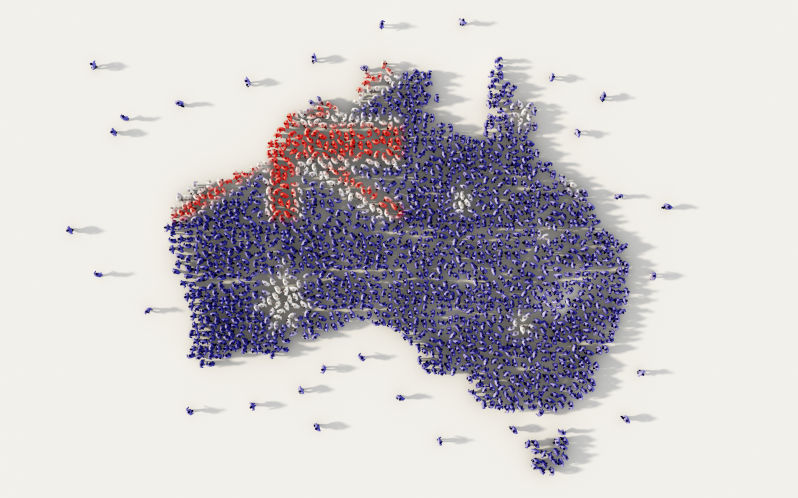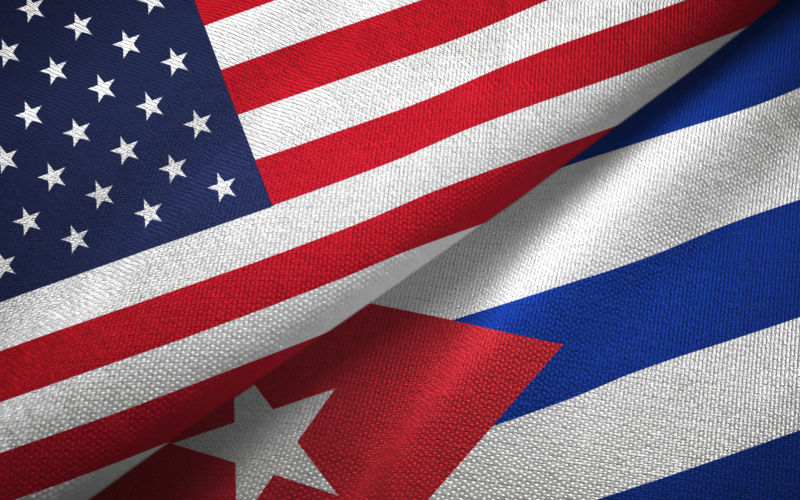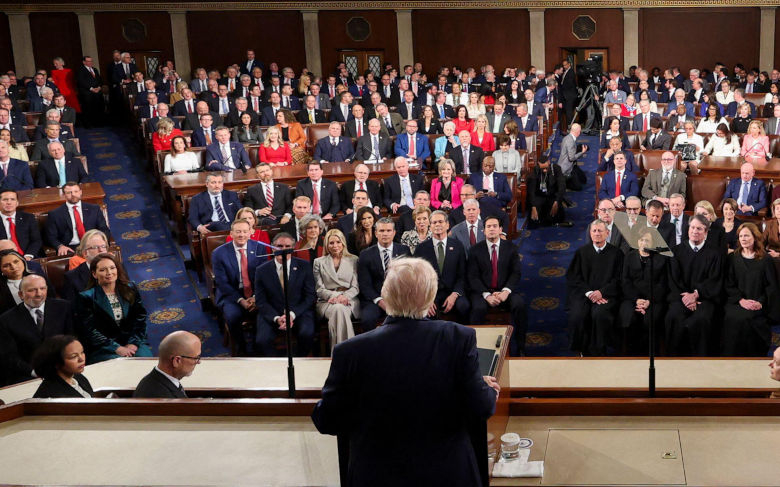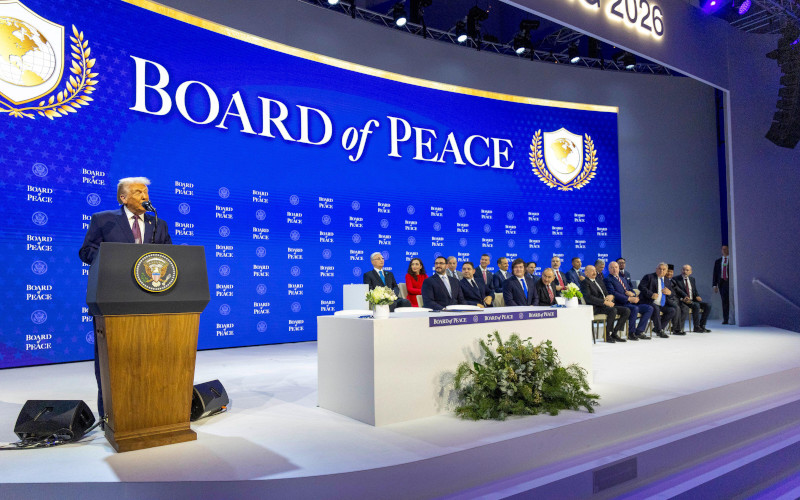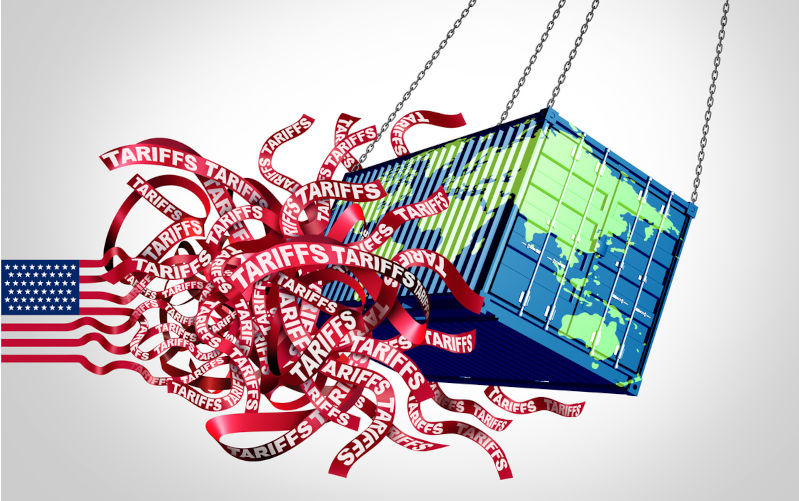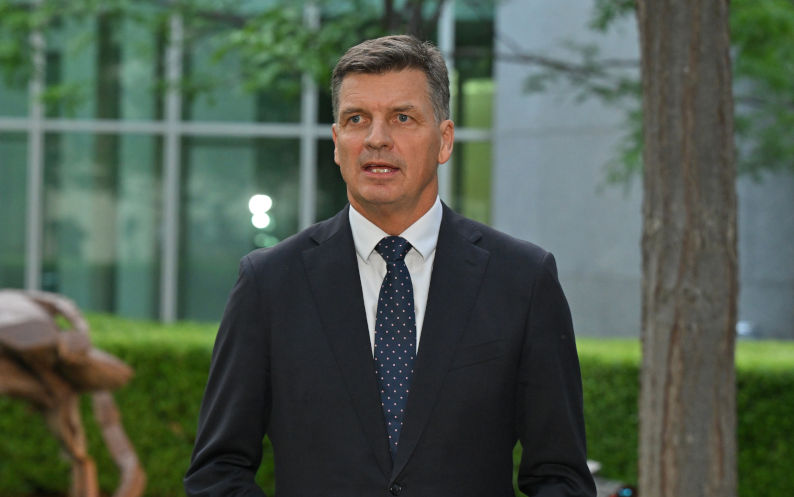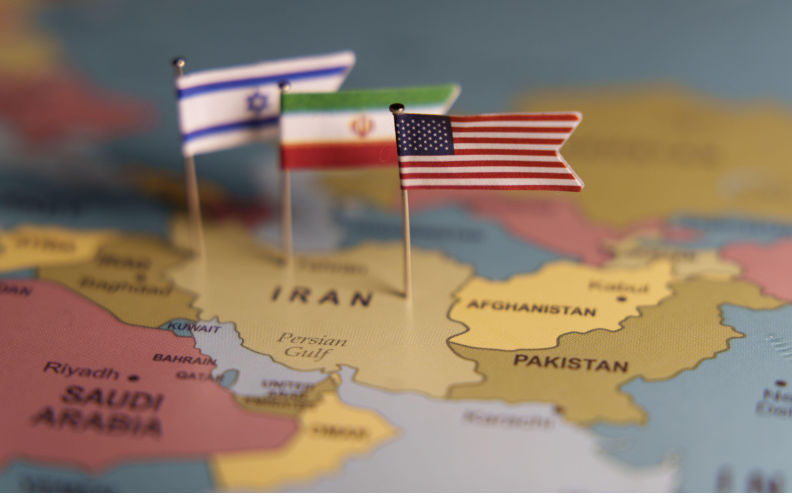
Australia’s shameless support for the US attack on Iran makes us gullible, duplicitous, or both
For Anthony Albanese – as well as Mark Carney and Keir Starmer – to go along with Trump and Netanyahu’s cynical ploy negates any sense of moral authority we possess – a catastrophe for the rules-based order.
Recent articles in Politics

5 March 2026
Why I risked prison to add a 'Losing Sound' to poker machines
Poker machines are designed to celebrate wins but stay silent on losses. A new project aims to disrupt that psychological design by introducing a simple losing sound – and to push for legislative reform.

5 March 2026
War on Iran signals urgent need for Australia to end risky imported oil dependency
The widening conflict in the Gulf has exposed Australia’s extreme reliance on imported oil. With minimal fuel reserves and a $12 billion annual diesel subsidy to mining, energy security has become a national security emergency.

5 March 2026
The Liberal Party keeps losing women voters
The Liberal Party’s declining support among women is not a temporary setback. It reflects deep social change, rising educational attainment among women, and a growing disconnect between modern professional women and the party’s current values and positioning.

5 March 2026
You don’t have to like Iran’s government to oppose this war
After the killing of more than 150 schoolchildren in southern Iran, memories of a visit to Isfahan in 2018 return with painful clarity for Eugene Doyle. Beyond governments and geopolitics are ordinary families, whose children now bear the cost of escalating war.

4 March 2026
We have been here before – and we never learn
From Afghanistan to Iraq and Libya, repeated military interventions have weakened rather than strengthened US power. With new strikes on Iran launched without congressional authorisation, the pattern of executive overreach and strategic miscalculation deepens.

4 March 2026
The US-Israeli attack on Iran is also an assault on the United Nations
The US–Israel war on Iran is a direct breach of the UN Charter and a blow to international law. But the attempt to impose global hegemony and hollow out the UN will ultimately fail in a multipolar world determined to resist domination.

4 March 2026
Happy Chinese New Year? Fine for Howard, treason for Albanese
Mocking a prime minister for wishing Chinese Australians a happy new year says less about foreign policy than about how national identity is being weaponised in domestic politics.

4 March 2026
War is the opiate of the Israeli masses
Israel has once again entered war to solve its “existential problems once and for all”. History suggests those promises of total victory rarely survive contact with reality.

4 March 2026
Royal Commission gets off on the wrong foot
The Royal Commission into Antisemitism and Social Cohesion has begun by adopting the IHRA definition as uncontroversial. Yet that definition – and its application to criticism of Israel – remains hotly disputed and politically charged.

4 March 2026
Migration scare campaign ignores Coalition’s own targets
The Coalition is trying to turn migration into a political flashpoint. But the long-term net overseas migration target under Labor is identical to the one projected under the Morrison government.

4 March 2026
Thirty years on, the Howard legacy still defines our limits
John Howard marks 30 years since the Coalition’s 1996 victory with a familiar story of stability and economic management. But the deeper legacy is the set of political and economic defaults both major parties now treat as common sense.

3 March 2026
If Iran resists, the global economy will pay
Western governments, including Australia and New Zealand, have backed US and Israeli strikes on Iran. But the decision risks economic catastrophe, regional escalation and the further erosion of international law.








